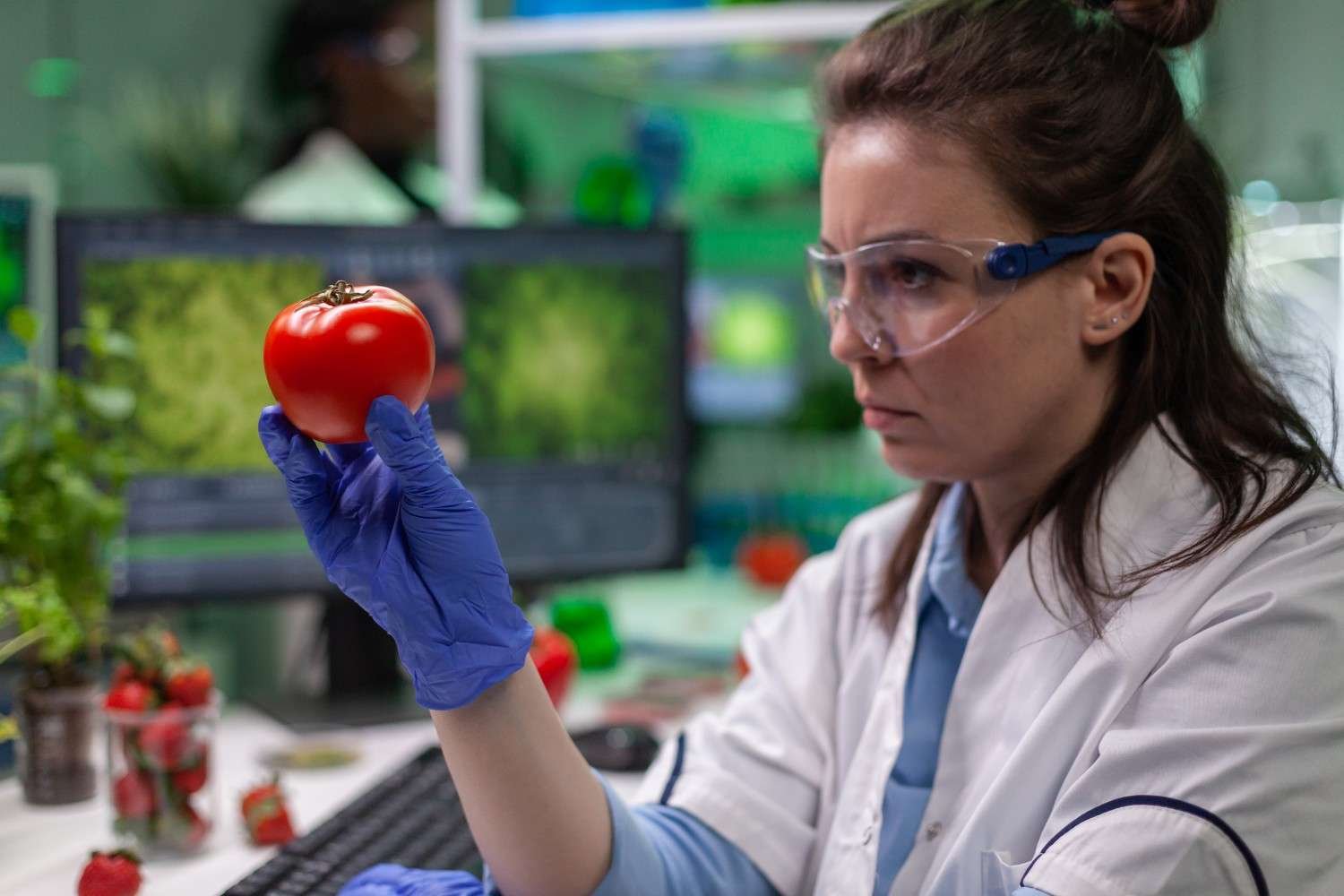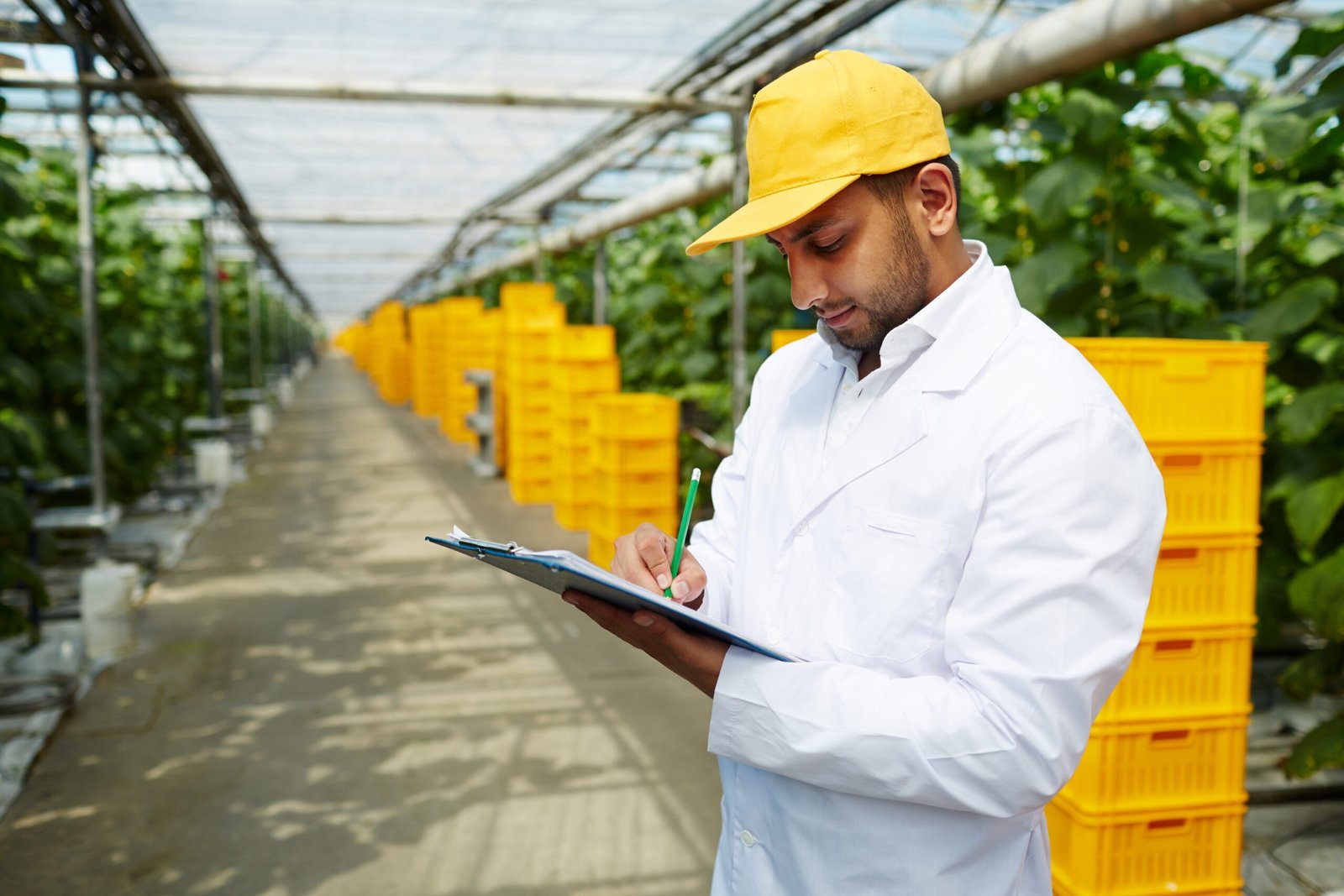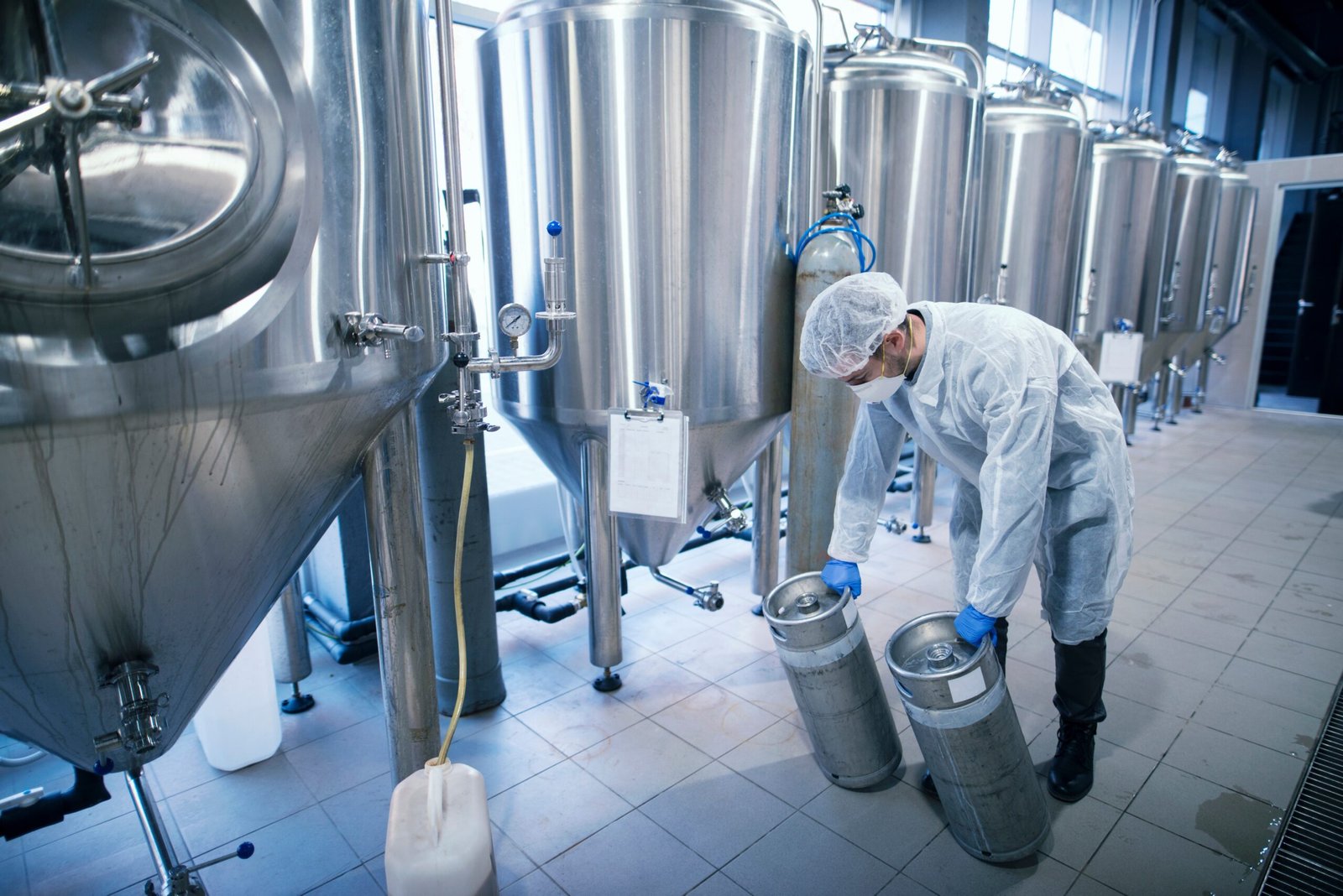What is the History and Development of FSSC 22000
Introduction
FSSC 22000 (Food Safety System Certification 22000) is a globally recognized certification scheme for food safety management systems. It integrates ISO 22000, sector-specific requirements, and additional FSSC standards to ensure food safety across the supply chain. Understanding its history and development helps businesses appreciate its significance and continuous improvement in food safety management.
The Origins of FSSC 22000
- Developed by the Foundation FSSC, based in the Netherlands.
- Built upon ISO 22000, an international food safety management system standard.
- Created to meet the demands of food manufacturers, retailers, and regulatory bodies.
- Recognized by the Global Food Safety Initiative (GFSI) to enhance global food safety.
- Initially designed for food manufacturers but later expanded to cover the entire food supply chain.

Key Milestones in FSSC 22000 Development
2009 – Initial Development
- Established by the Foundation FSSC.
- Based on ISO 22000:2005 and PAS 220 (Publicly Available Specification for food safety).
- Designed to provide an internationally accepted certification scheme.
2010 – GFSI Recognition
- GFSI formally recognized FSSC 22000.
- Strengthened its credibility and global adoption.
2013 – Expansion to Cover More Sectors
- Integrated additional technical specifications.
- Extended certification to animal feed, packaging, and catering industries.
- Incorporated PAS 223 for food packaging safety.
2016 – Introduction of FSSC 22000 Version 4
- Aligned with ISO 22000:2018 updates.
- Included stricter fraud prevention and food defense measures.
- Focused on risk management and supply chain transparency.
2019 – Transition to Version 5
- Improved clarity and consistency in requirements.
- Introduced ISO/TS 22002-6 for retail and wholesale food safety.
- Strengthened auditing and certification processes.
2020 – Version 5.1 Update
- Adapted to new GFSI Benchmarking Requirements.
- Enhanced focus on continuous improvement and risk-based thinking.
- Emphasized stronger food fraud and food defense policies.
2023 – FSSC 22000 Version 6
- Enhanced alignment with ISO 22000:2018.
- Greater emphasis on environmental sustainability.
- New requirements for culture of food safety in organizations.
- More stringent auditor competence and integrity rules.
The Future of FSSC 22000
- Continuous adaptation to emerging food safety risks.
- Integration of digital technologies in food safety management.
- Stronger alignment with sustainability and ESG (Environmental, Social, and Governance) initiatives.
- More emphasis on traceability and transparency across the food supply chain.

Conclusion
FSSC 22000 has evolved significantly since its inception, ensuring it remains a leading food safety management system worldwide. By understanding its history and development, businesses can stay ahead in food safety compliance, enhance consumer trust, and improve operational efficiency.
For businesses looking to implement or upgrade their FSSC 22000 certification, staying updated with the latest versions and requirements is crucial. Contact us to learn how we can assist your company in achieving food safety excellence.


